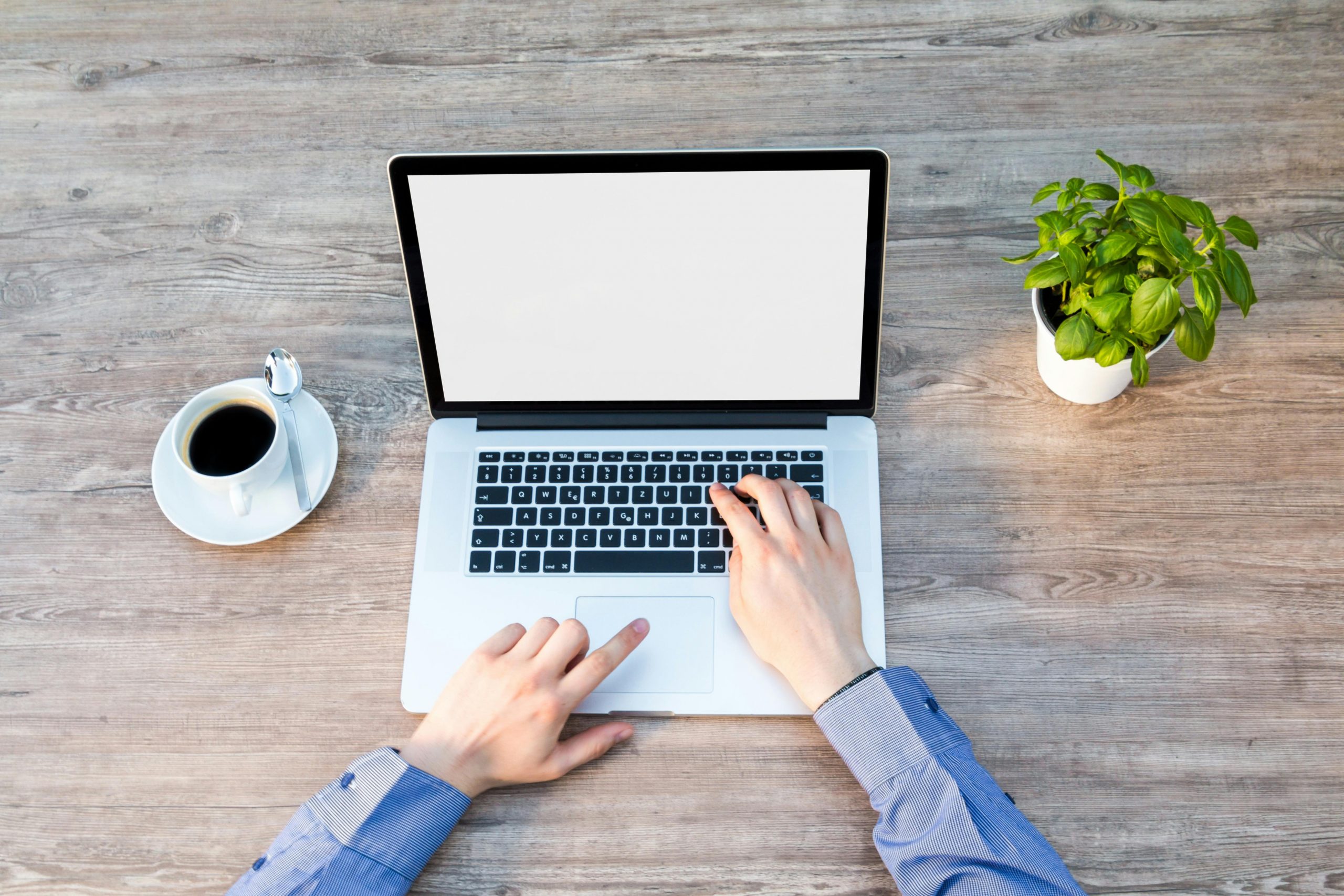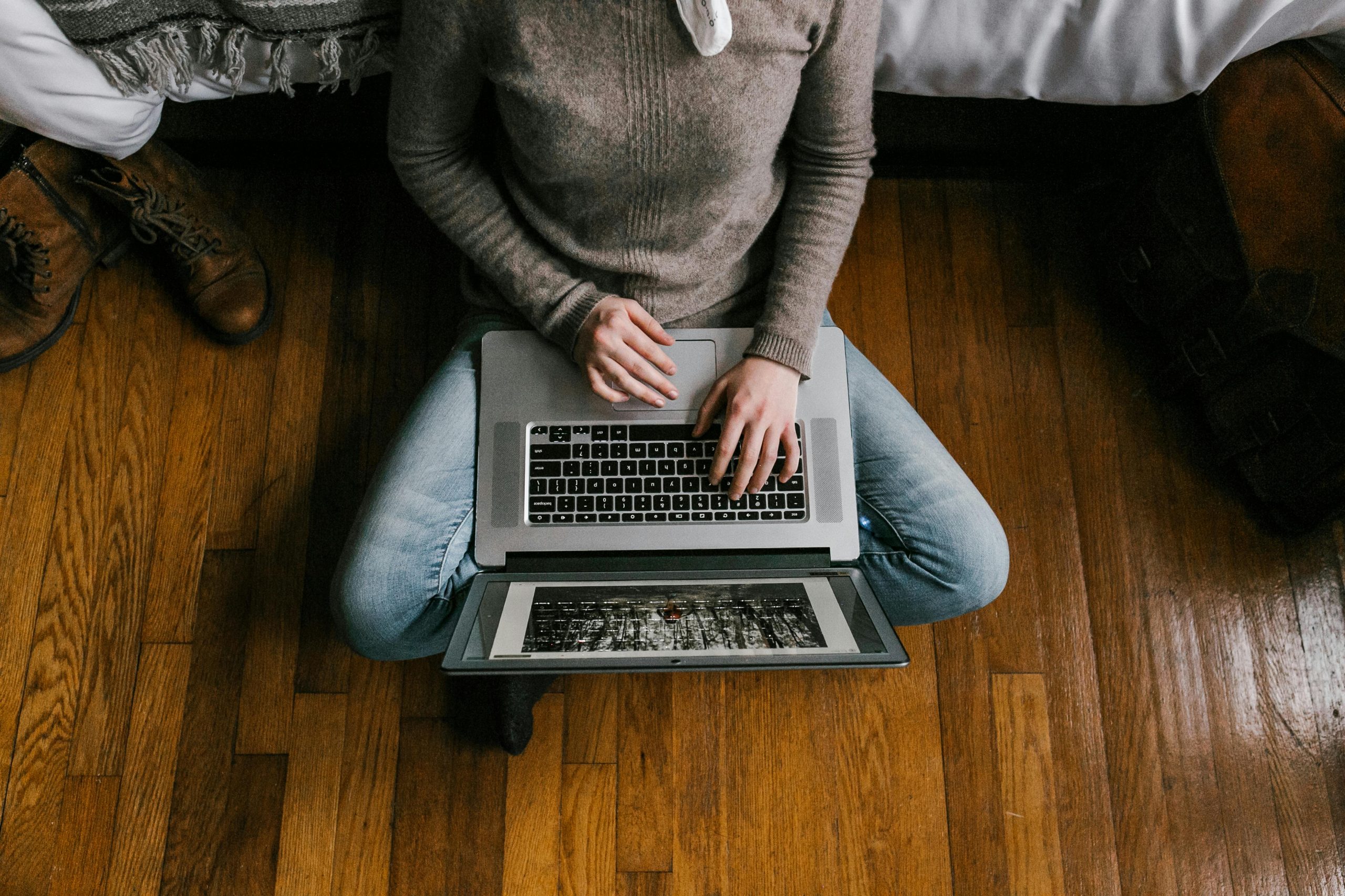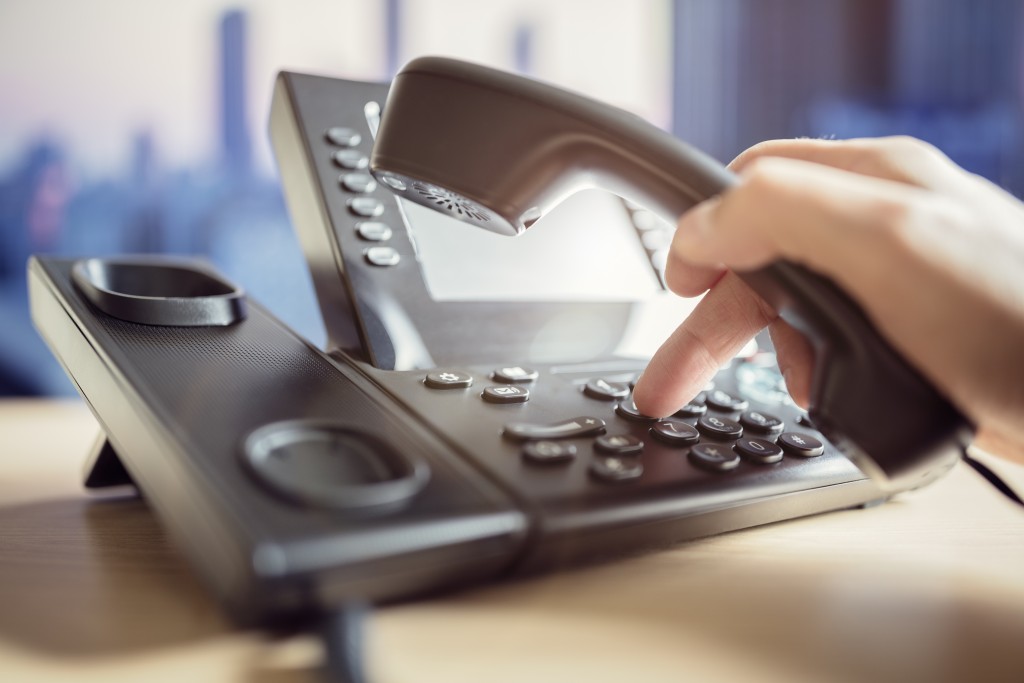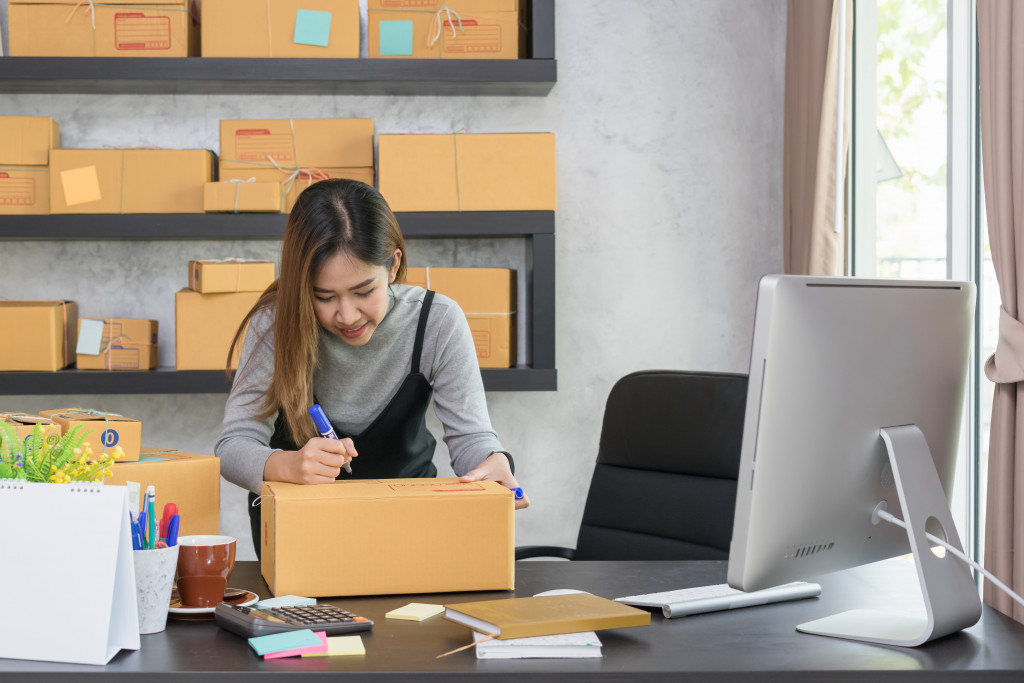Your IP address is like your home address on the internet. It tells websites and services where to send information, but it can also reveal certain details about you. If someone knows your IP address, they might be able to do things that could affect your privacy or security. But what exactly can someone do with your IP? And how can you protect yourself? This article will explain everything clearly and offer simple tips to stay safe online.
What Is an IP Address?

Before diving into what others can do with your IP, it’s important to understand what an IP address is. IP stands for Internet Protocol, and an IP address is a unique set of numbers assigned to your device when it connects to the internet. It works like a digital mailing address that identifies your device on a network. There are two main types:
- IPv4: The most common format, like 192.168.1.1
- IPv6: A newer format designed to handle more devices, like 2001:0db8:85a3:0000:0000:8a2e:0370:7334
Every device that goes online has an IP address, whether it’s your computer, smartphone, or tablet.
What Information Can Someone Learn from Your IP?
While an IP address doesn’t reveal your exact home address or personal details, it can give clues about you. Here’s what someone might find out if they have your IP:
- Your General Location: Usually, an IP can show the city or region you are in. It’s not super precise but can narrow down where you are geographically.
- Your Internet Service Provider (ISP): The company that gives you internet access can be identified from your IP.
- Your Device’s Online Activity: While the IP alone won’t show exactly what you do online, it is used by websites and services to track your activity during your session.
- Network Type: Someone might tell if you’re on a home network, a business network, or a public Wi-Fi.
What Can Someone Do with Your IP Address?

Knowing your IP address gives others some ability to interact with your device or network, but there are limits. Here are some things people might try to do with your IP:
1. Location Tracking
As mentioned, your IP can give a rough idea of your location. Some advertisers and websites use this to show location-based ads or content. While it’s mostly harmless, it might feel like an invasion of privacy.
2. Targeted Attacks
Hackers might use your IP to try and attack your device or network. This could include:
- Port scanning: Checking for weaknesses in your device or router that they can exploit.
- DDoS attacks: Flooding your IP with traffic to overwhelm your internet connection and cause disruptions. This is more common for gamers or websites but can happen to anyone.
3. Access Attempts
If your network or device has weak security, someone might try to gain access using your IP address. This is rare for everyday users but possible if security settings are poor.
4. ISP Tracking
Your ISP can see your IP and all your online activity because it passes through their servers. They might share this data with advertisers or law enforcement in some cases.
5. Geo-blocking and Censorship
Some services block access based on your IP location. For example, streaming platforms might restrict certain shows in your country.
What Can’t Someone Do with Your IP Address?
It’s also important to understand the limits of what your IP reveals:
- Your exact address: Your IP won’t tell someone your street address or exact location.
- Your personal identity: It won’t reveal your name, phone number, or email.
- Direct control of your device: Just having your IP does not let someone control your computer unless there are other security weaknesses.
How to Protect Yourself from IP-Based Risks
Protecting your privacy and security starts with managing your IP address and network settings. Here are simple but effective tips to keep safe:
Use a VPN (Virtual Private Network)
A VPN masks your real IP address by routing your internet traffic through a secure server. This hides your true location and protects your data from hackers and snoopers.
Keep Your Network Secure
Make sure your Wi-Fi network has a strong password and uses encryption like WPA3 or WPA2. Regularly update your router’s firmware to patch security flaws.
Use Firewalls and Antivirus Software
Firewalls block unauthorized access to your device, and antivirus software protects you from malware that might exploit your IP.
Be Careful on Public Wi-Fi
Public Wi-Fi networks are less secure and more vulnerable to attacks. Avoid logging into sensitive accounts or use a VPN when on public networks.
Learn How to Change IP Address
Sometimes changing your IP can add extra privacy. You can do this by restarting your modem, contacting your ISP, or using a VPN. Knowing how to change IP address helps you stay in control of your online identity.
When Should You Be Concerned About Your IP Address?
For most people, having their IP address known isn’t a big risk. However, there are situations where it’s important to be cautious:
- If you are a gamer or run a small website, you might be more vulnerable to DDoS attacks.
- If you share sensitive information online, keeping your IP private adds a layer of protection.
- If you live in a country with internet censorship, hiding your IP can help access blocked content.
Frequently Asked Questions (FAQs)
Q: Can someone hack me just by knowing my IP address?
A: Not usually. While hackers can try to find weaknesses through your IP, they generally need other vulnerabilities like weak passwords or outdated software.
Q: Does my IP address change?
A: It depends. Most home internet connections use dynamic IPs that change over time, but some have static (fixed) IPs.
Q: How can I find my IP address?
A: You can search “What is my IP” in a web browser or check your device’s network settings.
Q: Is using a VPN legal?
A: Yes, using a VPN is legal in most countries and is a great way to protect your privacy online.
Conclusion
Your IP address is a key part of how you connect to the internet. While it doesn’t reveal your personal identity, it can be used to learn your approximate location and potentially target your device or network. Understanding what someone can do with your IP helps you take the right steps to protect yourself.
Use strong security practices, consider using a VPN, and know how to change your IP address when needed. These steps help keep your online activity private and your devices safe. Staying informed and cautious online is the best way to enjoy the internet securely.

